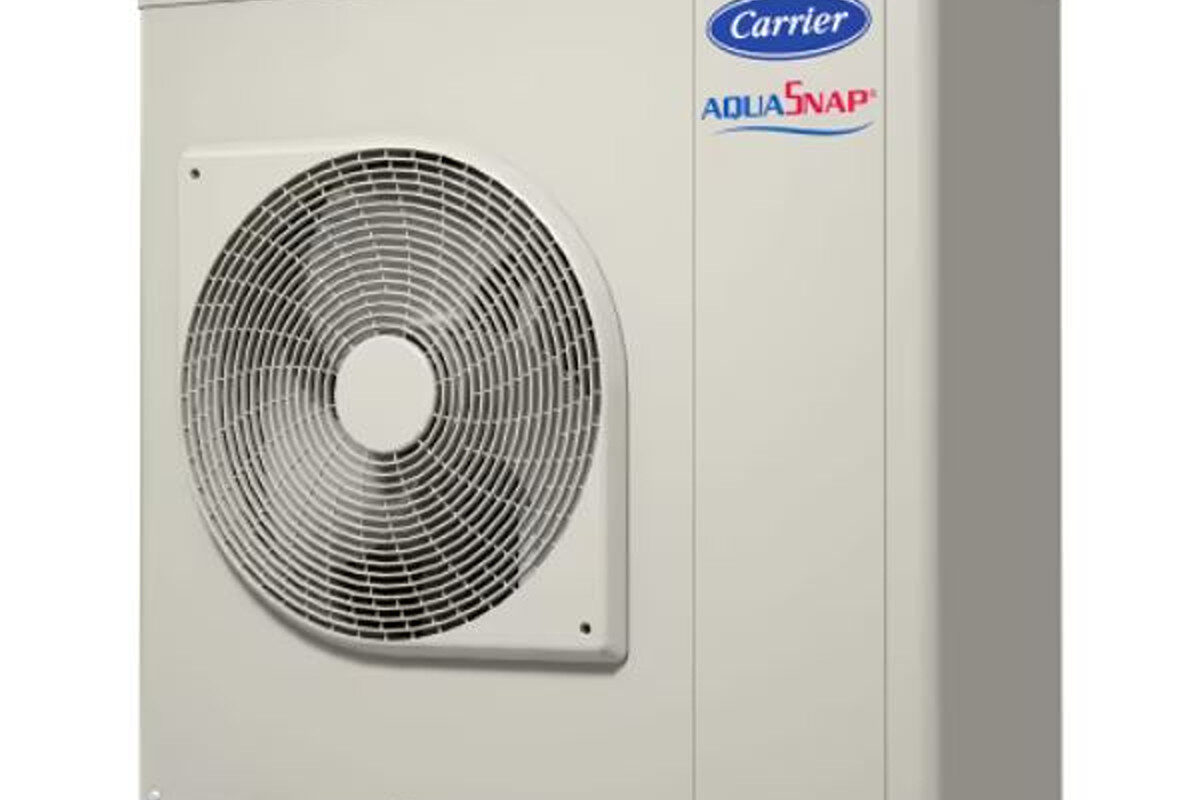Researchers from the Australian National University are using hydrogenation to improve the performance of phosphorus-doped polycrystalline silicon (poly-Si) films for passivating-contact solar cells.
The scientists applied hydrogen atoms to the skin layer of a cell as they believe that, inside the doped poly-Si layers, they could be manipulated to improve the quality of passivating contact structures. The skin layer is 1,000 times thinner than a human hair and can emit light with very distinct qualities, say the researchers.
“They quickly realized the presence of hydrogen atoms dramatically changes the characteristics of this light – [providing] information that can then be used to understand what’s going on inside the skin,” wrote the research group.
Different techniques
According to the resulting paper, published in the scientific review Applied Materials and Interfaces, different characterization techniques including transmission electron microscopy, energy-dispersive X-ray spectroscopy, low-temperature photoluminescence spectroscopy, quasi-steady-state photoconductance and Fourier-transform infrared spectroscopy, were used for the experiment.
The researchers claim cells with very low initial passivation qualities improved from 350 μs to 2.7 ms and from 668 to 722 mV. Hydrogen is well-known for its healing properties in relation to ‘wounded’ semiconductor materials. “Unfortunately, in nature, it often exists in a molecular form – [as] two atoms joined together,” said the research group. “We got around this by placing another material with plenty of atomic hydrogen on top of the skin, then pushing the individual hydrogen atoms into the skin by simply heating the sample at 400 degrees Celsius.”
The scientists said the new discovery may lead to the development of more robust and efficient silicon solar cells, and may even replace traditional cell technologies.
This content is protected by copyright and may not be reused. If you want to cooperate with us and would like to reuse some of our content, please contact: editors@pv-magazine.com.




By submitting this form you agree to pv magazine using your data for the purposes of publishing your comment.
Your personal data will only be disclosed or otherwise transmitted to third parties for the purposes of spam filtering or if this is necessary for technical maintenance of the website. Any other transfer to third parties will not take place unless this is justified on the basis of applicable data protection regulations or if pv magazine is legally obliged to do so.
You may revoke this consent at any time with effect for the future, in which case your personal data will be deleted immediately. Otherwise, your data will be deleted if pv magazine has processed your request or the purpose of data storage is fulfilled.
Further information on data privacy can be found in our Data Protection Policy.